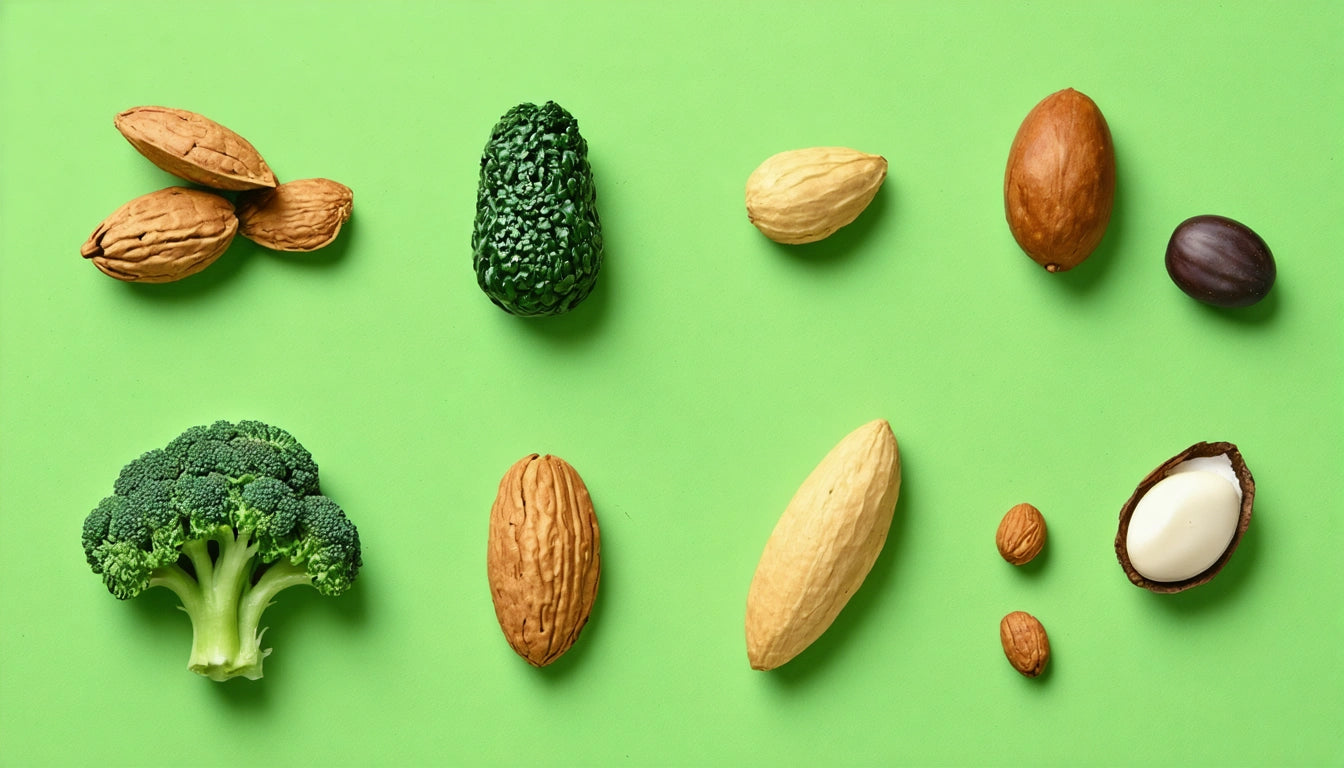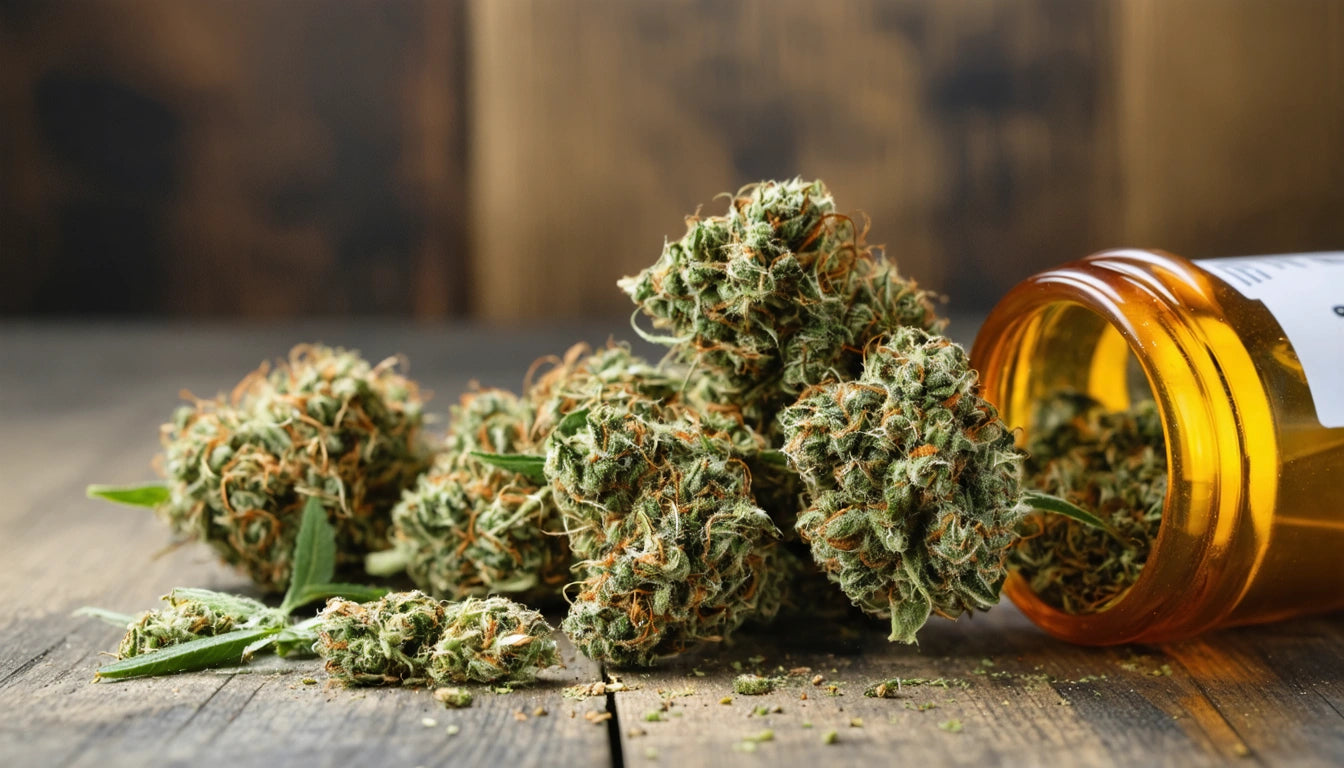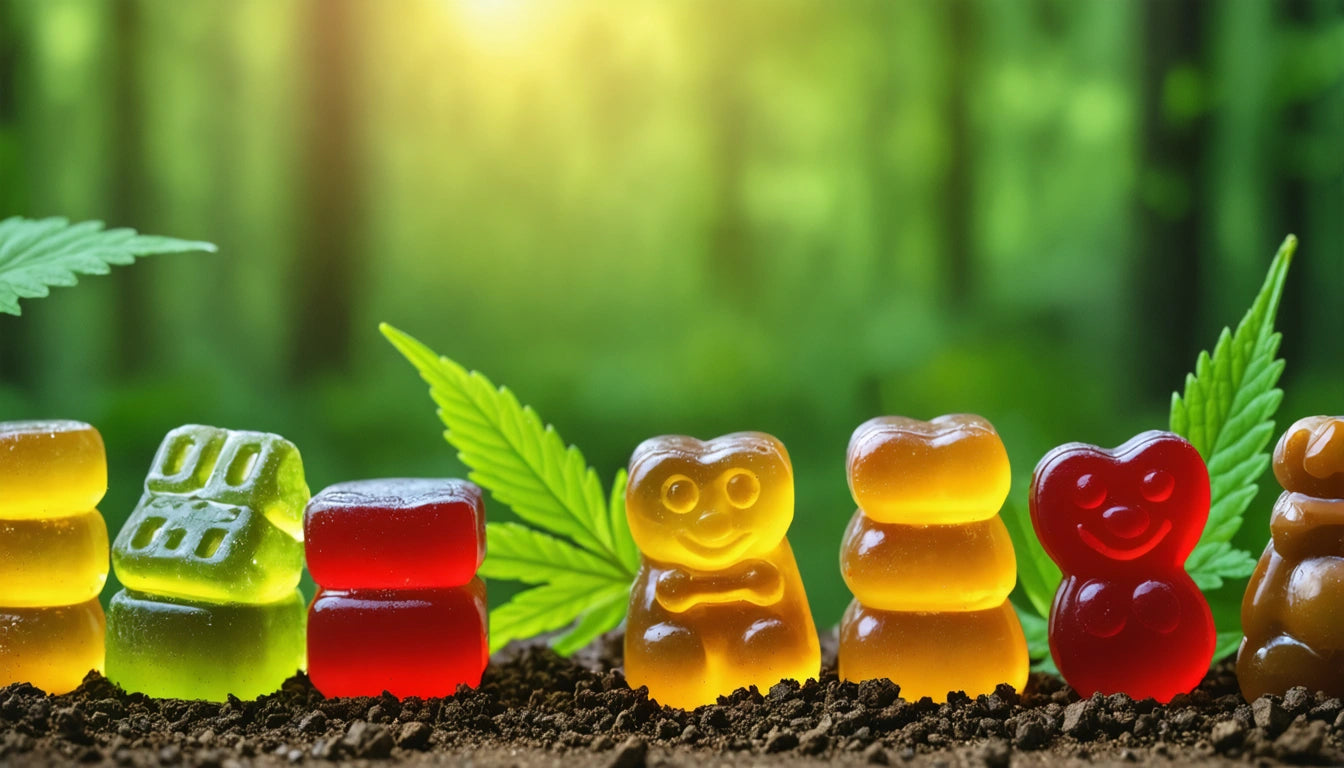Table of Contents
Why Edibles Aren't Effective for Some People: Exploring the Reasons and Solutions
If you've ever wondered "why don't edibles work for me but smoking does," you're not alone. Many cannabis consumers report minimal or no effects from edibles despite their growing popularity. This phenomenon, sometimes called edible resistance, affects a significant portion of cannabis users and can be frustrating for those seeking the unique experience that edibles offer.
Understanding Edible Resistance: Why Some People Feel Nothing
Edible resistance occurs when individuals consume cannabis-infused products but experience minimal or no effects. According to research on varying reactions to edibles, this resistance can stem from several biological factors rather than product quality issues.
While some may ask "why don't edibles work on me anymore" after previous successful experiences, others might never feel effects from edibles regardless of dosage. This variability highlights the complex relationship between cannabis compounds and individual physiology.
Metabolism and Liver Function: The First-Pass Effect
Liver Enzyme Variations
The primary reason why edibles don't work for some people relates to liver metabolism. When ingested, THC must be processed by the liver before entering the bloodstream. This process, called first-pass metabolism, converts delta-9-THC to 11-hydroxy-THC, which is more potent and produces the characteristic edible high.
Some individuals have genetic variations in the CYP2C9 enzyme that processes THC. Those with highly active variants metabolize THC too quickly, breaking it down before it can produce effects. Conversely, those with less active variants may not efficiently convert THC to its more potent form.
Digestive Health Factors That Impact Edible Absorption
Digestive health plays a crucial role in edible effectiveness. Several digestive factors can influence why edibles aren't hitting as expected:
- Stomach acidity levels can degrade cannabinoids before absorption
- Gut inflammation may reduce absorption efficiency
- Recent meals can dilute effects or delay onset
- Digestive disorders like IBS or Crohn's disease can impair absorption
As detailed research on edible efficacy shows, empty stomach consumption typically leads to faster onset but potentially reduced overall effects, while consuming with fatty foods can enhance absorption but delay the timeline.
Tolerance and Dosage Considerations
Cannabis tolerance significantly impacts edible effectiveness. Regular cannabis consumers, particularly those who frequently use high-potency products, may develop tolerance that makes standard edible doses seem ineffective.
When customers ask "why aren't my edibles hitting," the answer often relates to dosage expectations. While smoking or vaping produces almost immediate effects, edibles require patience. Effects can take 30 minutes to 2 hours to manifest, leading some consumers to mistakenly believe the product isn't working.
For those exploring alternative consumption methods when edibles don't provide desired effects, premium pre-roll solutions offer consistent dosing and immediate effects that bypass digestive variables altogether.
Timing and Consumption Methods
The timing of edible consumption relative to meals significantly impacts effectiveness. Consuming edibles on an empty stomach often leads to faster onset but potentially reduced overall potency. Alternatively, consuming edibles with a fat-containing meal can enhance absorption but may delay effects.
According to comprehensive edibles usage guides, the optimal approach involves consuming edibles shortly after a small, fat-containing snack rather than on a completely empty or full stomach.
Alternative Consumption Strategies for Non-Responders
If you've consistently found that edibles don't work for you, several alternative approaches may prove more effective:
Sublingual Products
Sublingual tinctures and strips bypass first-pass metabolism by absorbing directly into the bloodstream through tissues under the tongue. This method can work for those with liver enzyme variations that typically prevent edible effectiveness.
Nanoemulsified Edibles
New technology has produced water-soluble, nanoemulsified cannabis products with improved bioavailability. These products feature tiny cannabinoid particles that absorb more efficiently and can work for some edible non-responders.
For those seeking reliable alternatives to traditional edibles, specialized guides on enhancing edible experiences offer valuable insights into product selection and consumption techniques.
Combination Methods
Some consumers find success by combining consumption methods. For example, consuming a small amount of inhaled cannabis shortly before an edible can "prime" the endocannabinoid system and potentially enhance the edible's effects.
Understanding individual variations in cannabis metabolism helps explain why the question "why dont edibles work for me" is so common. By exploring these physiological factors and alternative approaches, consumers can find effective ways to enjoy cannabis that work with their unique biology.











Leave a comment
All comments are moderated before being published.
This site is protected by hCaptcha and the hCaptcha Privacy Policy and Terms of Service apply.